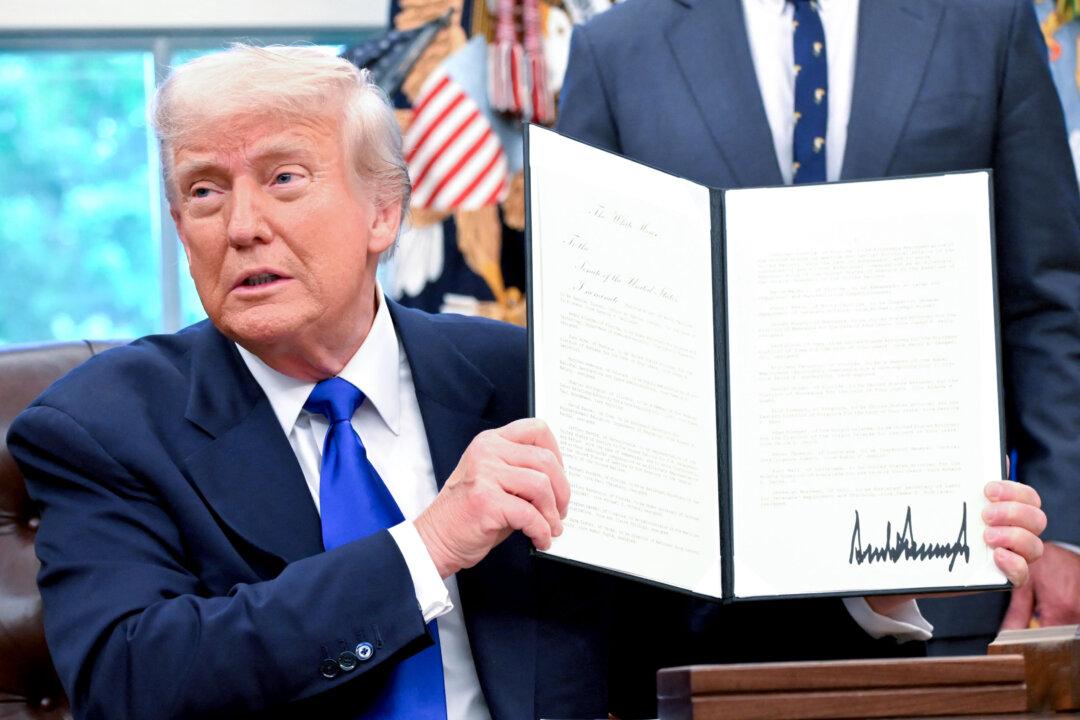Commentary
The Trump administration has done what many generations of U.S. politicians have promised but never delivered. Through executive order (EO), he has told agencies to pay no more than the world market price for pharmaceuticals.

The Trump administration has done what many generations of U.S. politicians have promised but never delivered. Through executive order (EO), he has told agencies to pay no more than the world market price for pharmaceuticals.